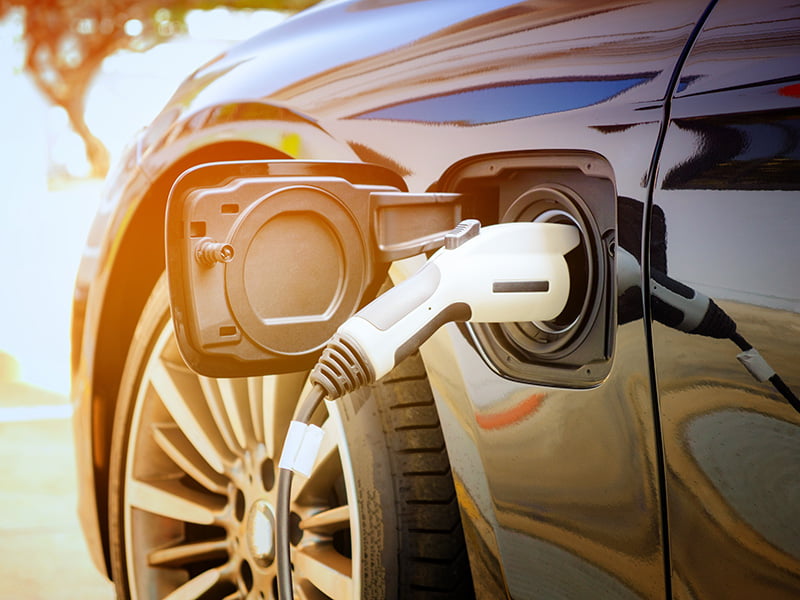Including hybrid cars in electrical vehicle discounts will slow Australia’s clean transport transition and Parliament should consider excluding the dual power vehicles from new incentives, an inquiry into the government’s proposed scheme has been told.
The call comes ahead of an invite-only electric vehicle summit in Canberra on Friday, expected to include car company executives, infrastructure bosses and senior members of Parliament.
The Senate Standing Committee on Economics is currently inquiring into proposed amendments that would introduce Labor’s election promise of the first federal low and zero emission vehicle incentive scheme.
The changes would exempt some of the vehicles from the fringe benefits tax when provided through work for private use.

This fringe benefits tax exemption would apply to non-luxury battery electric cars, hydrogen fuel cell electric cars and plug-in hybrid electric cars.
Labor said the change would save individuals using a salary sacrifice to buy one of the vehicles up to $4700 a year, while employers could save nearly double this. The new government also intends to remove the five per cent import tariff on eligible electric cars to encourage more supply from manufacturers.
The Australia Institute has told the Senate inquiry the proposal would provide “modest and beneficial” changes to the tax treatment of electric vehicles. But the progressive thinktank has questioned the inclusion of plug-in hybrid vehicles, which still use an internal combustion engine.
In June, all 27 European Union countries agreed to fully phase out the sale of combustion engine cars across the union by 2035. Because the ban includes all CO2 emissions-producing cars and vans, the sale of hybrids would effectively be outlawed in the bloc.
The Australian Capital Territory has also adopted the 2035 deadline for the sale of new internal combustion engines, last month becoming the first Australian jurisdiction to set a date, and will stop considering hybrids as a zero emissions vehicle for government fleets.
The departure from hybrid vehicles means the committee investigating the bill should “consider whether the Bill should narrow the scope of its definition to just ‘zero emission’ vehicles,” The Australia Institutes submission says.
The thinktank also called for bolder moves on electric vehicles, including the establishment of mandatory fuel efficiency standards. The mandatory standards are present across most of the western world and have been recommended in Australia for nearly a decade.
An electric vehicle summit will be held in Canberra on Friday. Organised by Boundless – the not-for-profit arm of Mike Cannon-Brookes’ $1.5 billion green fund – the invite-only summit will be opened by Climate Change and Energy Minister Chris Bowen.
How to design fuel standards will be the event’s main focus, and Mr Bowen has previously said “everything is on the table” to encourage the uptake of electric vehicles.
The Climate Council has called on the automotive industry’s peak body, the Federal Chamber of Automotive Industries (FCAI), to play a constructive role in reducing Australia’s emissions.
“The FCAI must arrive at the Electric Vehicle Summit with a stronger plan for fuel efficiency standards that prioritise and protect Australians over their own profits,” Climate Council head of advocacy, Dr Jennifer Rayner said.
“FCAI’s members selling dirty, inefficient cars into Australia well into the 2040s is not an option if we want to achieve the deep emissions cuts needed this decade to avoid the worst effects of climate change.”
Do you know more? Contact James Riley via Email.


EV’s are the future. But with their current limited ranges they are not suitable for everyone. If you live outside a capital city and drive long distances you risk running out of power before you reach a charging station. Hybrids are a good option until we have developed much better batteries.